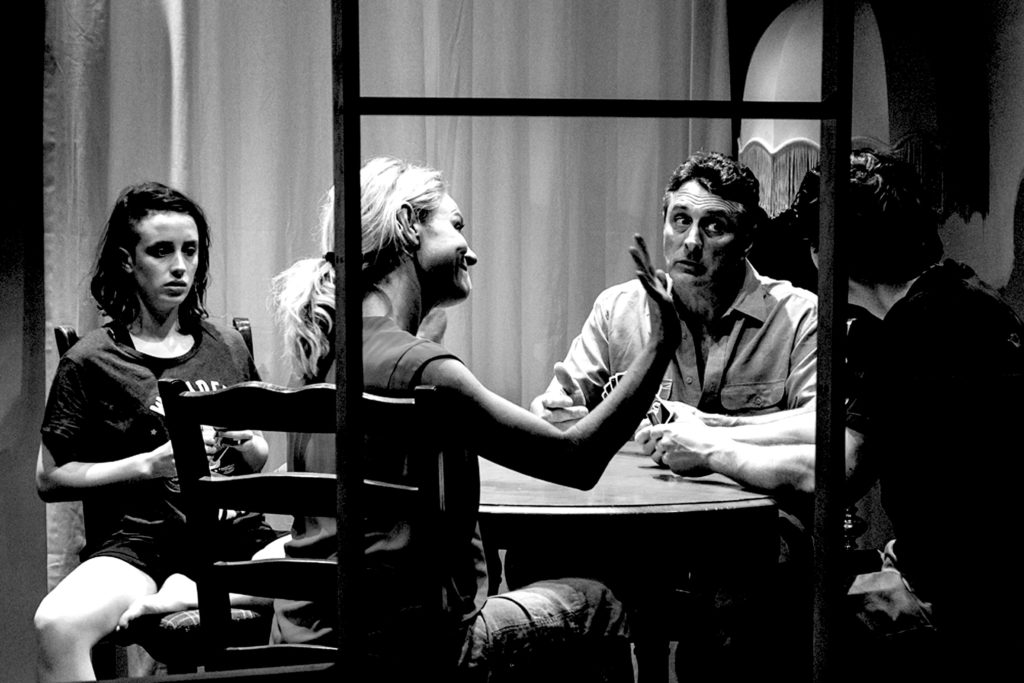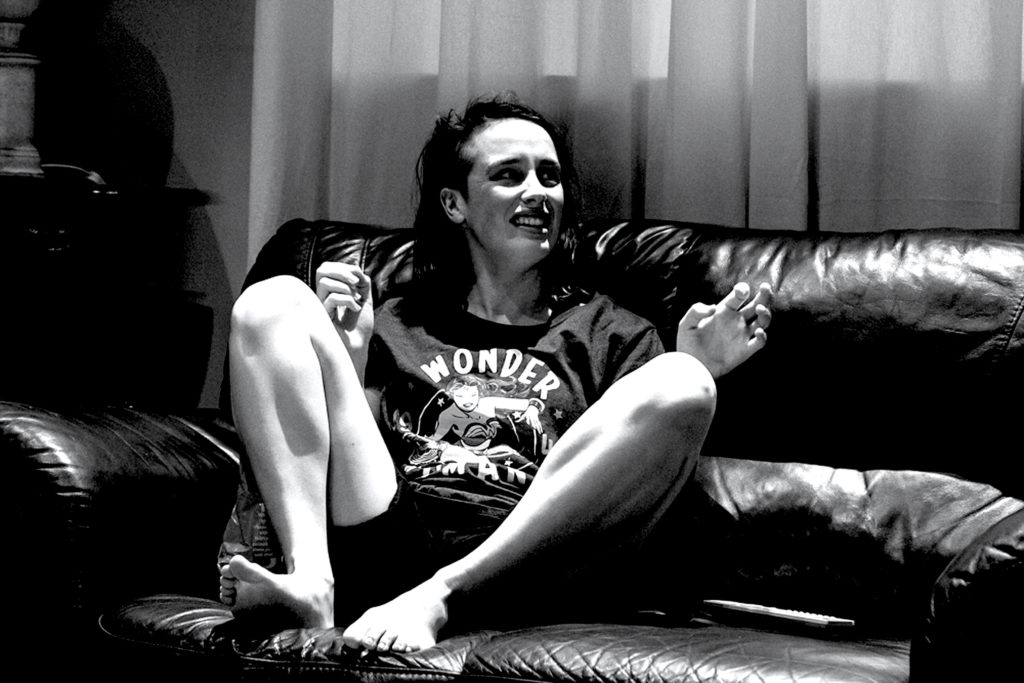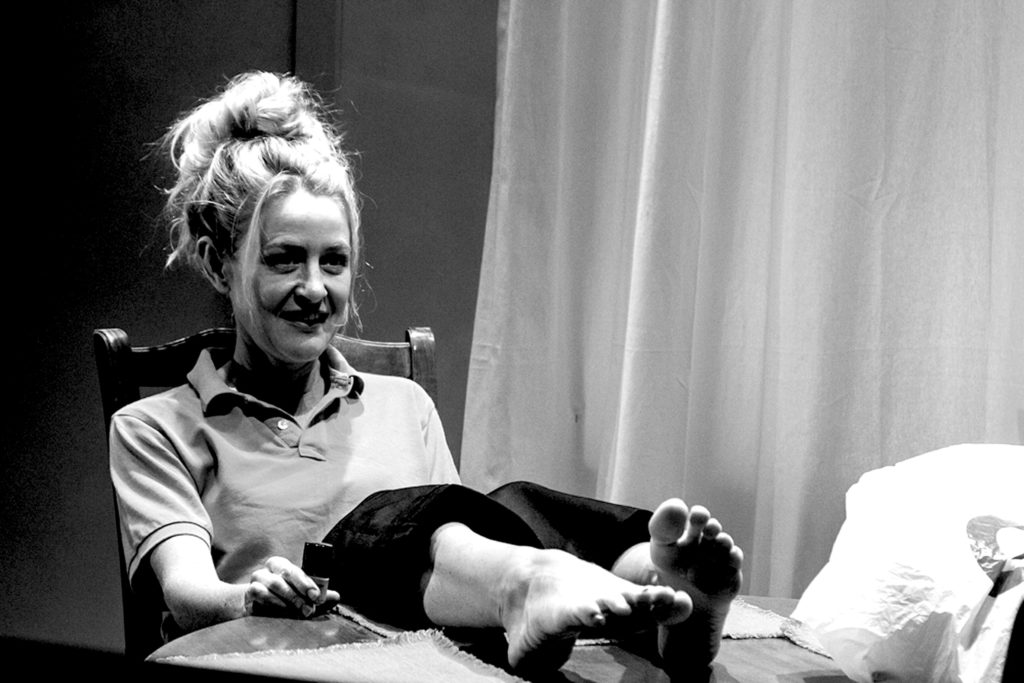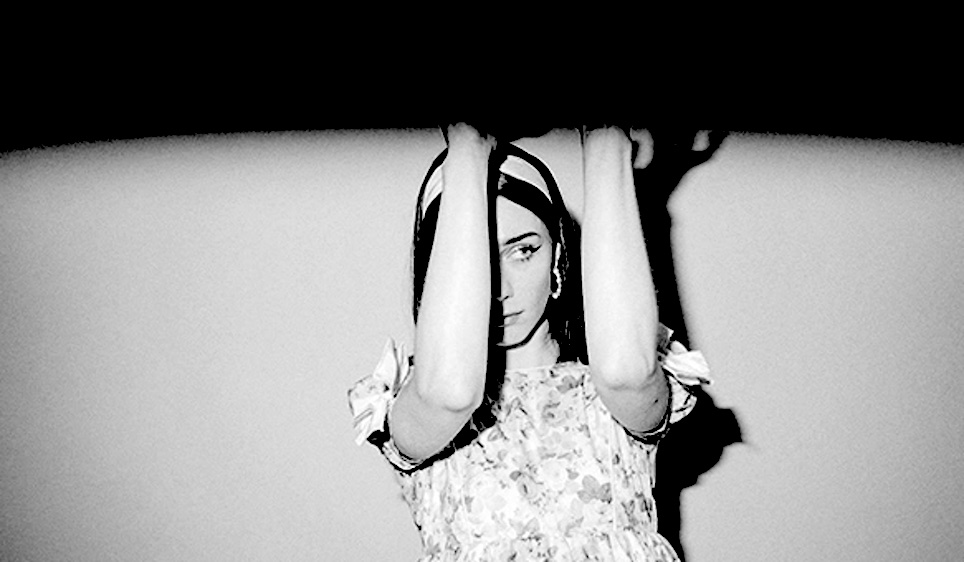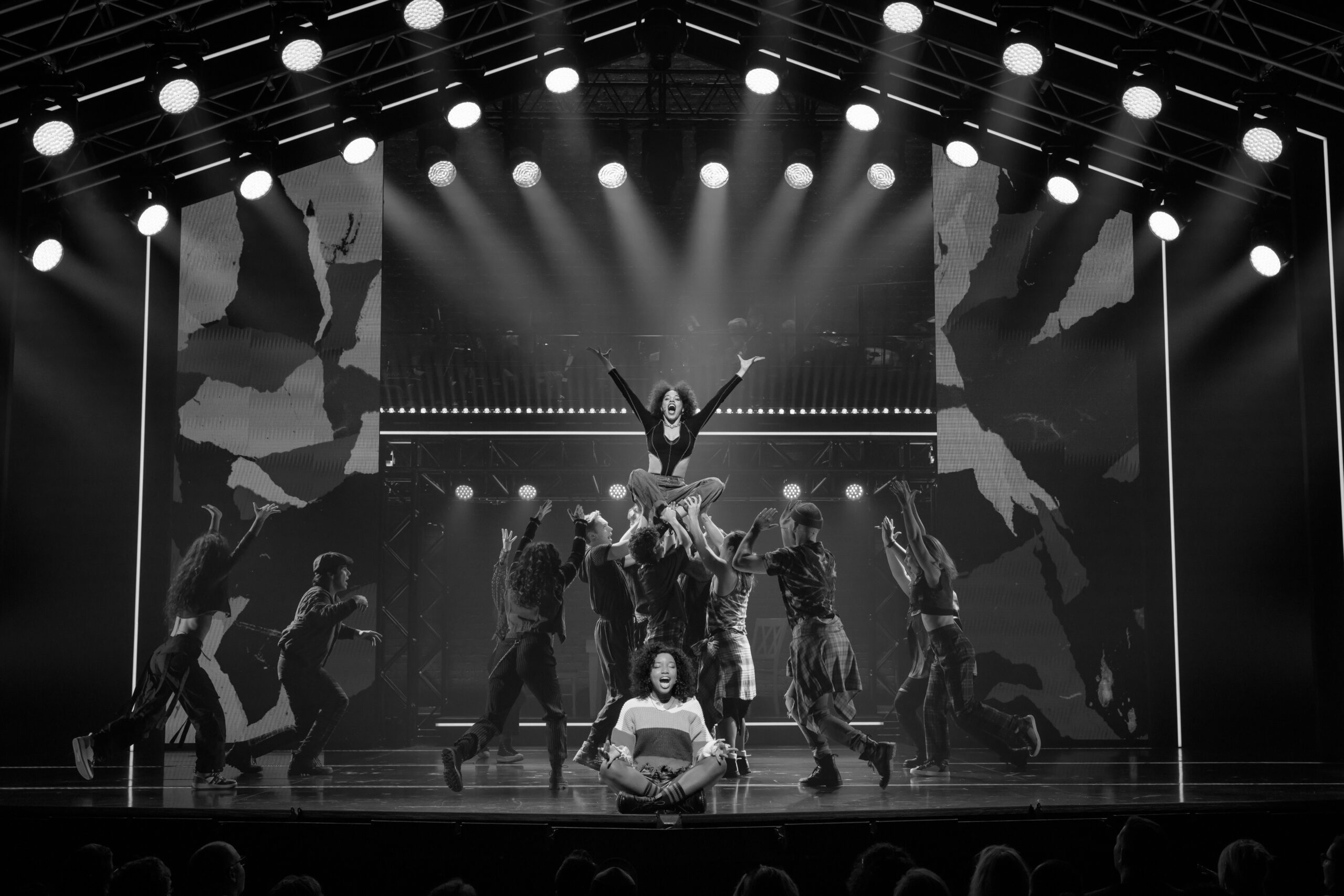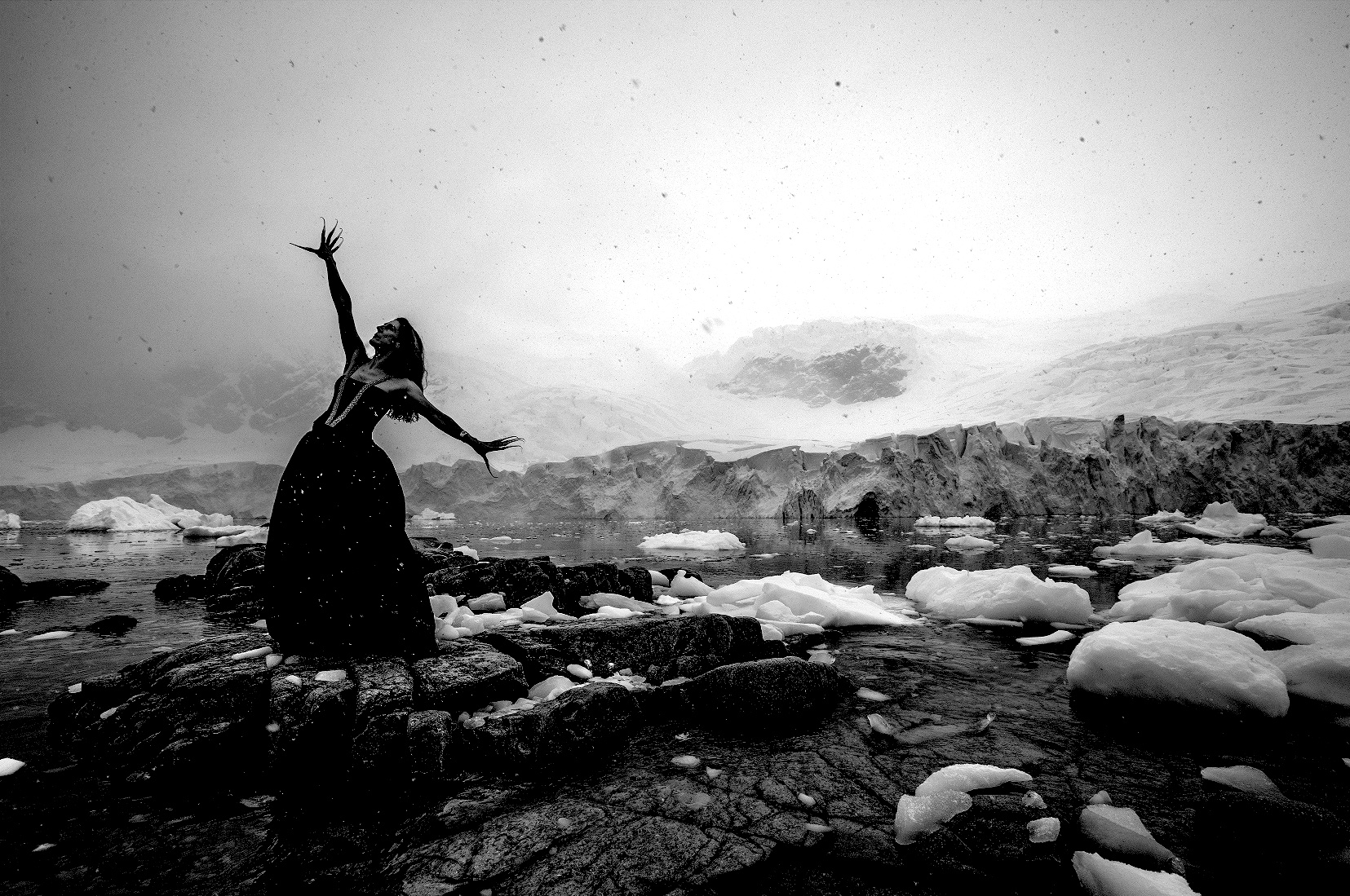DESERT 6:29 PM
Teenage suicide and the aftermath experienced by family friends and loved ones have long proven to be rich source materials for both stage and screen. Romeo and Juliet is one well-known example. Now, in a world where increasing pressure is placed on young people to succeed, depression and self-harm are perhaps now conversations of greater importance than ever before.
In Desert, 6:29pm, Morgan Rose has decided to not opt for this classic but altogether tired study of a young woman battling with emotions, self-image and the world around her, reaching tipping point in the final moments of performance, commonly in a clawfoot bath, or by falling from heights.
In place of this is a family unrelated to the victim. It’s in between these parallels that the various stages and layers of grief emerge, exploring how we react, superficial ownership of someone else’s tragedy, anxiety, isolation, denial and ignorance. In this nucleus, we have a daughter on the eve of high school graduation, a son who has already spread his wings, a mother, sweet and nurturing, and a father who seems content. While the catalyst in this story here is only something gradually drip-fed, it’s palpable; you feel empathy with these characters. But this is the work of Morgan Rose, an incredible writer with a true command of the English language, emotional dexterity, and a keen understanding of how pop culture reference can help build further connection between performance and audience. In Desert 6:29pm, there are more than a few moments that help give counterbalance to the subject matter. Through these introductions, a richer work has been made.
Amelia Lever-Davidsion has achieved some incredible effects through her lighting design. A number of mise-en-scènes in shocking shades of orange and green emerge from the set’s subdued colour palette. Ian Moorhead, through his sound design and composition, has given the perfect accompaniment, having also chosen to accentuate on certain elements of the script. His work here carries the work and the audience. Set and costume designer Romanie Harper has done well with the small size of Red Stitch’s space, bringing a touch of the late 90s aesthetic. Director Bridget Balodis understands these characters, and it shows in a number of moments of really great, intelligent direction. The ensemble gives impressively to the work. It’s a solid performance, assured but still vulnerable and warm.
Desert 6:29pm feels like a step up for this playwright. It’s tighter and a little slicker than work previously presented, it’s exciting to think of how her craft may be further refined in coming years. Red Stitch need to be commended for supporting the development and presentation of new Australian work. Desert 6:29pm is perhaps one the most deserving 2017 productions to have received Red Stitch’s support. But support doesn’t just start and end with venues; as audiences we have a vital role in supporting the arts, so buy a ticket and check this one out.

